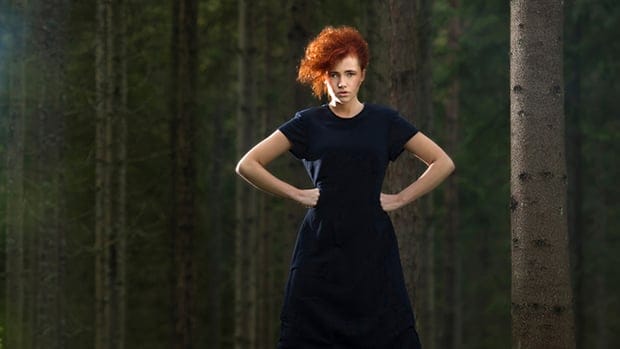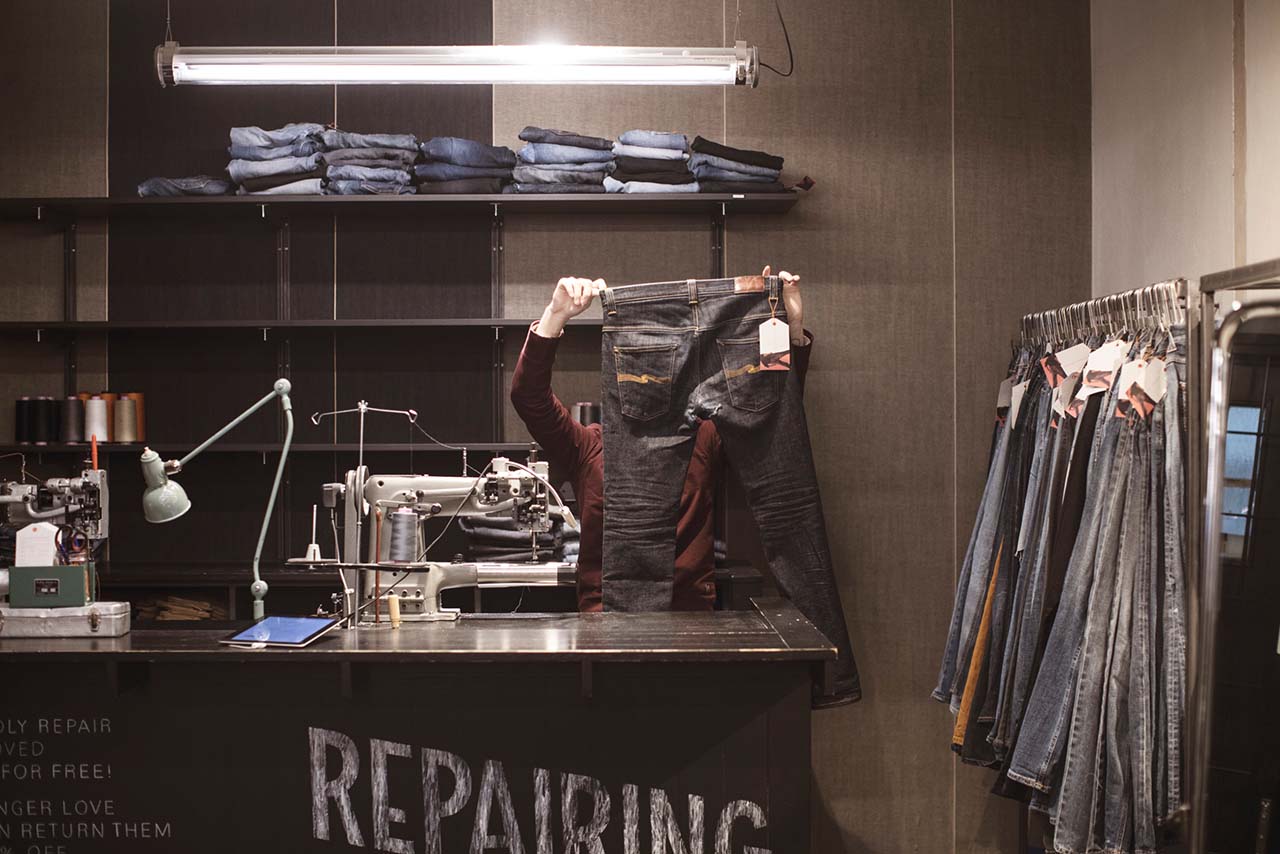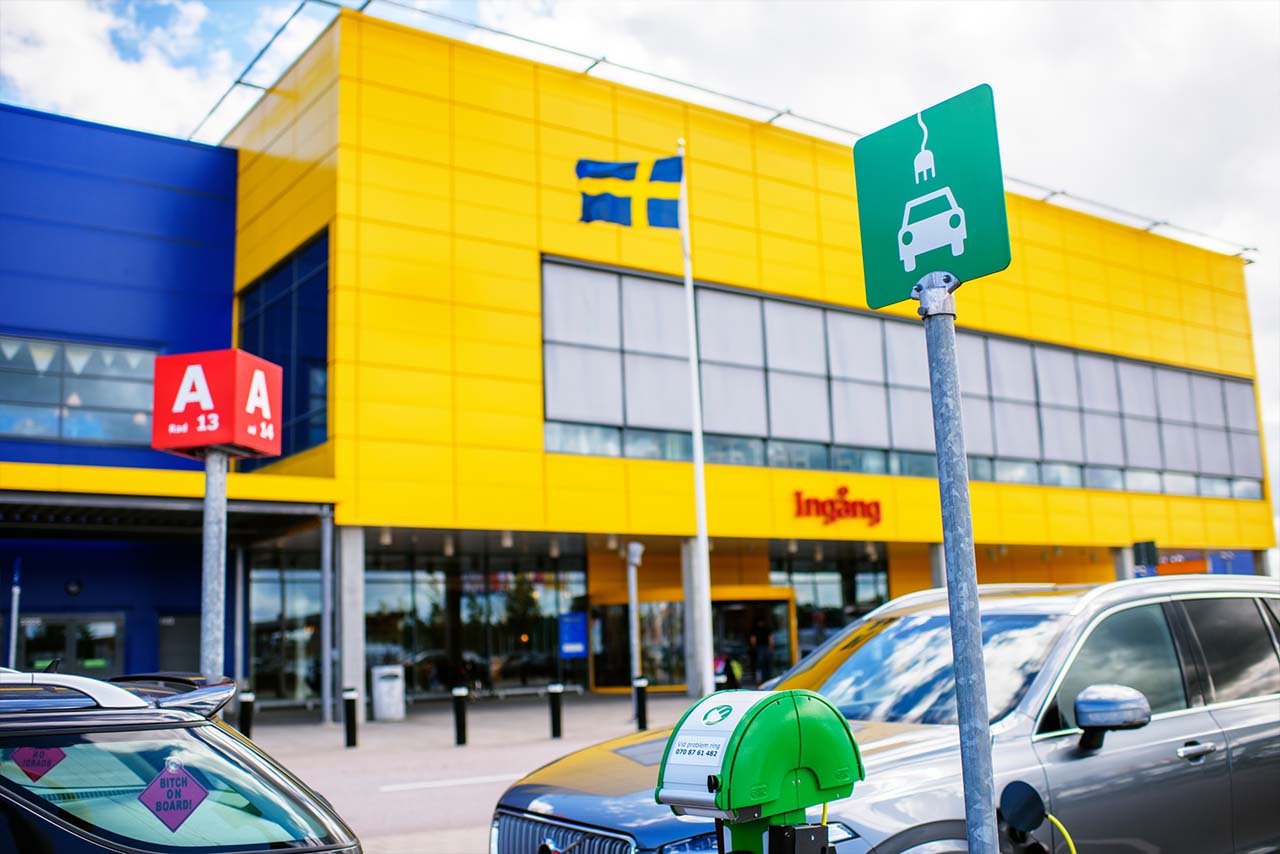
Recover better - UN-iting businesses for a better world
In a time of global disruption, ambitious climate action is as urgent as ever. The United Nations has therefore worked continuously to unite business efforts with governmental initiatives, for the past 20 years. But in order to meet the 17 UN Climate Goals, and reach the 1,5˚C by 2030, we need to Recover Better.
UN GLOBAL COMPACT
Taking action on climate change represents one of this century’s most defining topic. To recognize the transition to a zero-carbon economy is the only way to secure a sustainable future for all. Launched in 2000, by former UN Secretary-General Kofi Annan, the UN Global Compact was initiated to bring business and the United Nations together. When businesses unite, they are a powerful force for good by upholding universal principles in the areas of human rights, labour and the environment.
Although important progress has been made, the actions do not currently match the ambition and pace necessary to achieve the 17 Sustainable Development Goals by 2030. The Sustainable Development Goals Report 2020 shows that humanity is on an unsustainable path, with climate change occurring much faster than anticipated, accelerating ocean acidification, 1 million plant and animal species at risk of extinction, deepening inequality and persistent poverty, and unsustainable consumption and production patterns.
All stakeholders must unite to transform this collective aspiration into reality. The aim with the UN Global Compact is to uniting business for a better world. From that goal the initiative “Recover better” was born.
RECOVER BETTER
When celebrating the 20th anniversary of the UN Global Compact, an event themed “Recover Better, Recover Stronger, Recover Together” was arranged. It was a platform where leaders from business, civil society, Governments and the UN were challenged to reflect on the importance of collaboration and public-private partnerships. The goal was to increase their ambition to achieve the sustainable development goals.
The Recover Better statement was signed in June 2020 by approximately 150 different companies, including well-known brands as the H&M Group, Husqvarna Group, Inter IKEA Group and INDITEX, to just name a few. The core of the agreement is divided in three areas:
- DEMONSTRATE THAT THE BEST DECISIONS AND ACTIONS ARE GROUNDED IN SCIENCE.
By implementing ambitious science-based targets, we aim to set the world on a 1.5°C trajectory leading to healthier and safer people, and a healthier and safer planet. - INVEST IN RECOVERY AND RESILIENCE FOR A SYSTEMIC SOCIO-ECONOMIC TRANSFORMATION.
By divesting from fossil fuels and innovating in low-carbon, resilient solutions, we are prioritizing green jobs and sustainable growth, protecting nature and people, and delivering on the 2030 Agenda and the Paris Agreement. - WORK WITH GOVERNMENTS AND SCALE UP THE MOVEMENT.
By advocating for enabling policies aligned with a 1.5°C trajectory and zero carbon economy, we look to policymakers to give businesses the confidence and clarity they need to take ambitious climate action.
HOW CAN THE LIGHTING INDUSTRY PARTICIPATE?
It is very visible in the Overshoot day-graphic, that us humans has for a long period of time consumed over our assets. And to be able to meet the needs of a growing population, we need to household with our resources more efficiently. This is a challenge for all industries and organisations, not only producing companies.
- Changing the current state for the climate, is not an individual task, says Niclas Thulin, Environmental Coordinator at Fagerhults Belysning. It is a joint effort, that we must do together. Set in the context of Covid -19, the reality has showed more than ever before how connected we humans are, and how our actions echoes worldwide. We are working very actively at Fagerhult to reduce our carbon footprint and are constantly seeking to develop our effort and our ways of working – to contribute to a more sustainable future.
Thulin continues:
- We have done lifecycle assessments on some of our luminaires, where we have analysed the environmental impact during our products lifetime. We have found that the biggest environmental impact occurs from when the luminaires are in use. This is why the choice of energy – renewable sources, coal or nuclear – makes a great difference in the carbon footprint. Another important issue which will affect the carbon footprint is the energy consumption during usage. It can be decreased very effectively with smart controls, such as sensors in our solutions. Together, these are both simple options, but also possibilities of making conscious choices which can contribute to decrease climate impact significantly.
TEXT MARIA VÅRENIUS
PHOTO TINA STAFRÉN, ANNA SIGGE
Related News

When material matters – Wrapped adds a new view on sustainable lighting
In a world where every gram of material and every gram of carbon dioxide counts, Wrapped emerges not just as a luminaire – but as a statement. It’s Fagerhult’s most sustainable pendant to date, and it didn’t happen by accident. Every detail, every decision, every material was chosen with intention. Sustainability often starts with a simple question: What is it made of? For Wrapped, the answer is a trio of materials that each carries its own environmental story. Solid board: a familiar friend At Fagerhult, we first met Solid board in 2021 with Multilume Re:Think. But for Wrapped, we’ve taken it further. The material consists of a three-layer construction featuring a 100% recycled core, a renewable FSC-certified top layer, and a thin protective plastic film. All in all, a material that’s 65% recycled – and a 89% reduction in CO₂ emissions compared to virgin extruded aluminium. Image gallery: Solid board Wrapped is made of organic Solid board, recycled aluminium and post-consumer recycled plastic. Reimagining plastic Plastic is often a hot topic in sustainability conversations. But not all plastic is created equal. Wrapped uses post-consumer recycled plastic: the kind that has lived a life before, perhaps as a shampoo bottle or food container. Pre-consumer plastic, on the other hand, is different as it never made it to the shelf. Quote: Josefin Carlsson Aluminium with a past Inside Wrapped, two structural components are made from 100% post-consumer recycled aluminium. This material is also part of a circular infrastructure – and may even have been part of a Notor luminaire once. Compared to virgin aluminium, this choice reduces emissions by 83%. Designing with less - built to last However, sustainability isn’t just about what you use – it’s about how much. At just 900 mm, Wrapped is shorter than a conventional 1200 mm pendant. That reduction in size alone cuts the climate impact by 25%, without compromising the luminaire’s lighting performance. Josefin Carlsson compares the climate impact of products in Fagerhult's Experience Centre in Habo. To understand the impact of Wrapped, it helps to look at where we started. In 2021, Notor 65 – made from virgin aluminium – had a climate impact of 34 kg CO₂e. By 2024, with 75% recycled aluminium, that number was reduced to 25 kg CO₂e. Today, Wrapped comes in at just around 12 kg CO₂e. “That’s a third of the original Notor 65, and half of the current version, and a quiet revolution, measured in kilograms of CO₂e,” says Josefin Carlsson. After its long life – estimated at 100,000 hours – Wrapped is ready for an equally sustainable exit. Its design makes it easy to disassemble, with each material being recyclable and prepared for its next chapter in the circular economy.
Fagerhult uses recycled aluminium for high-volume products — ensuring circular use of resources
With a focus on reducing its long-term greenhouse gas emissions, Fagerhult now choose extruded aluminium profiles containing 75% recycled material from end users. The material is used for product families manufactured and sold in larger volumes — and where the material can make a real difference. The initiative reduces Fagerhult’s climate footprint by approximately 225 tons of CO2e per year.Aluminium is a lightweight and durable material that can be reused multiple times if recycled properly. Its environmental impact depends on several factors, including whether it is made from virgin aluminium, how it is produced, whether fossil fuels or renewable energy sources were used in its production, and if it is derived from recycled materials.Niclas Thulin is Sustainability Manager at Fagerhult:“We are taking a significant step forward by moving from renewably sourced aluminium to recycled aluminium (post consumer). The Notor family – together with several other product families – is now made of extruded aluminium that is 75% recycled. This results in around 70% lower climate impact than the average impact from European primary aluminium and 88% lower than the global average for primary aluminium*.”The change affects products sold in larger volumes. The products Notor 65, Notor Recessed, Notor 36, Fjord, Vil, Multilume Hydro, and Sentra are now made of recycled aluminium.“We intentionally upgrade the materials for our larger product series because it significantly impacts Fagerhult's greenhouse gas emissions. For the Notor family alone, we used approximately 65 kilometres of aluminium profiles in 2024, and nearly all of this volume has now been replaced with recycled material,” says Niclas Thulin.The change is part of Fagerhult's systematic sustainability work and a considerable step in reducing greenhouse gas emissions in Scope 3: the company's indirect emissions from purchased materials. The Science Based Targets validate Fagerhult's climate targets, and the ambition is to achieve net zero emissions from the entire value chain by 2045.“This is our most important decision regarding materials, at least with reduced climate impact as the fundamental incentive. The majority of our emissions come from Scope 3, and through this change, we are making a difference where it has the greatest impact. Based on last year's volumes, the switch to recycled aluminium can reduce emissions by approximately 225 tons of carbon dioxide equivalents annually.”*Climate impact excluding the extrusion process. EPD compared to the European average for primary aluminium (European Aluminium) and the global average for primary aluminium (International Aluminium).

